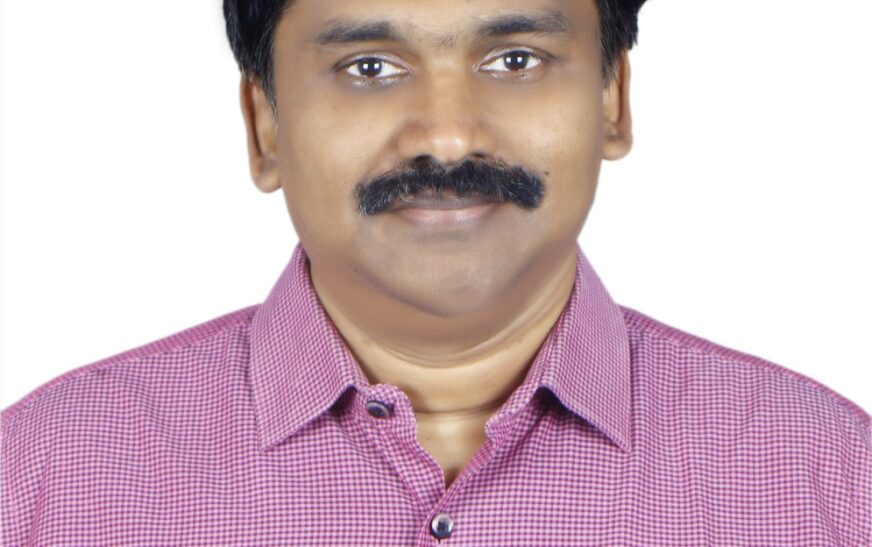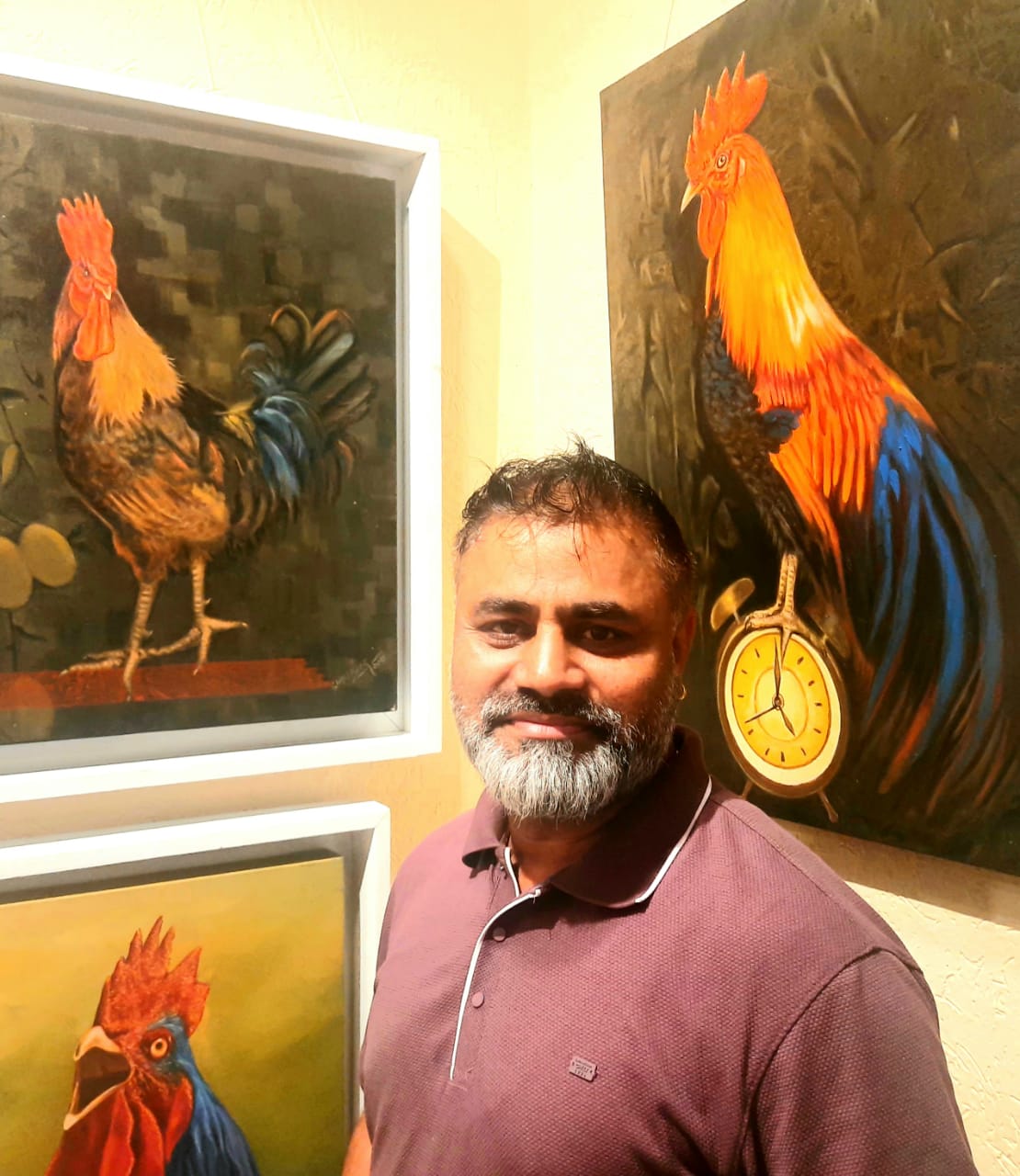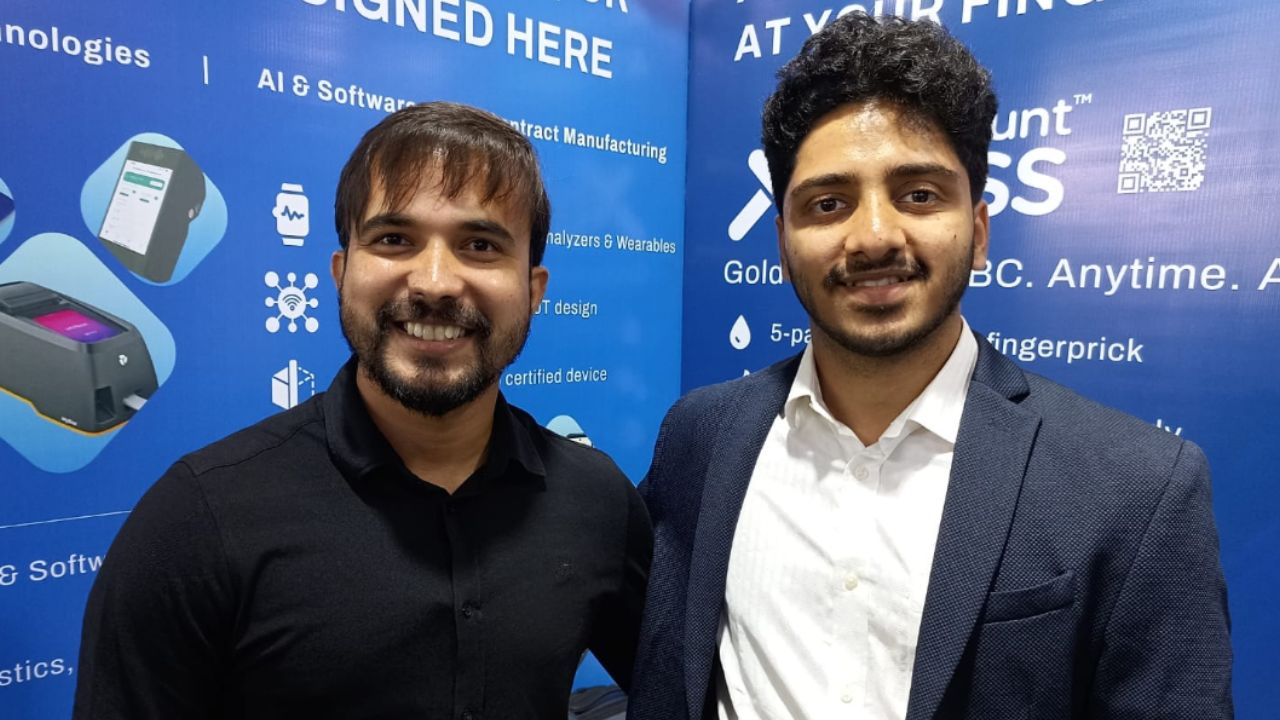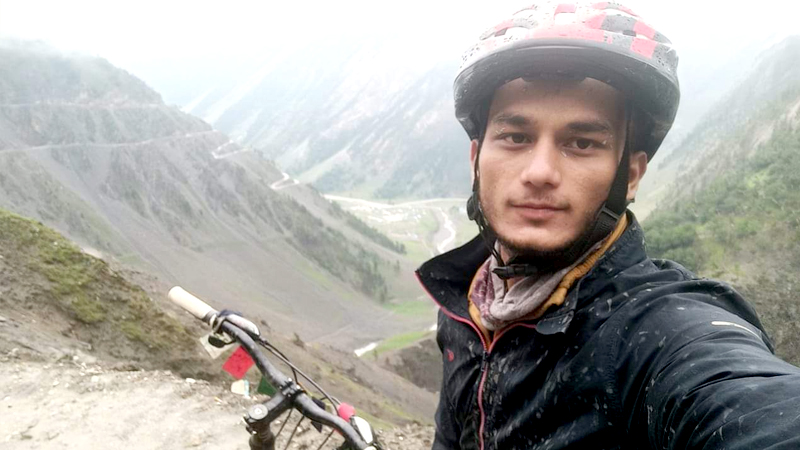Moogi Sahithi Varshini, a celebrated prodigy in the realm of chess, has honed her skills under the exclusive guidance of her father, Moogi Lokeswara Rao. This meticulous grooming has led to numerous distinguished recognitions in the domain of chess. With an impressive collection of prestigious FIDE titles, including Woman Candidate Master (2017), Woman FIDE Master (2019), Woman International Master (2022), and FIDE Master (2023), Sahithi has solidified her position in the chess world.
Her illustrious victories include a gold medal at the U10 Girls Commonwealth Chess Championship and multiple golds in the Asian Youth Championships. In the remarkable year of 2022, Sahithi showcased the Indian spirit at the 44th Chess Olympiad, achieving notable positions in international chess competitions. She secured the Magnus Chess Challenge Best Female Player award, claimed second place in the Best Female category at the Biel Grandmasters Tournament, and emerged triumphant at the Reti Farkas Blitz Championship, defeating three Grandmasters.
Despite facing challenges posed by the COVID-19 pandemic, which hindered her tournament participation and dampened her motivation, Sahithi displayed extraordinary resilience. Supported by her father’s unwavering confidence, she returned to peak performance. By the end of 2022, she had elevated her rating from 2070 to 2312, ranking 12th in her category within India. Currently, she holds the 6th position in Rapid, 9th in Blitz, and is among the top 20 in Classical formats among Indian women.
The sacrifices made by her family have been pivotal to Sahithi’s upward trajectory. Lokeswara Rao took an unpaid sabbatical from HPCL in 2021 and eventually resigned in October 2023 to fully support Sahithi and her sister Falguni, who has also achieved the status of a FIDE Arbiter. The family’s temporary relocation to Budapest aimed to reduce travel expenses and provide greater exposure to European tournaments.
Sahithi’s journey, marked by significant triumphs, unwavering parental support, and the overcoming of formidable challenges, establishes her as one of India’s most promising young chess talents.
In an in-depth conversation with The Interview World, Moogi Lokeswara Rao elaborates on his daughter’s chess journey, detailing a comprehensive training regimen that combines physical and mental conditioning. He also discusses the financial support, travel arrangements, and logistical challenges in foreign territories, as well as the quality of coaching and Sahithi’s notable achievements. Additionally, he shares valuable insights for parents of budding chess prodigies. Presented here are the key highlights from his interview.
Q: Can you walk us through the early days of your daughter’s chess journey? How did her interest in the game develop, and what were some of the initial steps you took to support her passion?
A: When my daughter Sahithi was just six years old, she faced a harrowing health crisis, contracting dengue hemorrhagic fever. The situation was grave; she was placed on a ventilator with little hope from the doctors. Yet, miraculously and with God’s blessings, she made a recovery. Her health required her to miss over a year of school to regain her strength.
During her recovery, I saw an opportunity to introduce her to chess. As a former national-level chess player who represented PSPB for HPCL, I recognized her exceptional calculation skills and potential. We began training at home, and with dedicated effort, Sahithi’s talent quickly surfaced. At eight years old, despite being younger than most of her competitors, she won a silver medal in the U9 state championship.
Her passion for chess intensified, and the following year, she secured a national U9 silver medal in Jalandhar in 2016, tying for first place on points and finishing second on a tiebreak. This achievement was a turning point in her chess journey.
In 2017, Sahithi’s relentless hard work and dedication paid off immensely. She became the Asian U10 Girls Chess Champion in Uzbekistan, winning two gold medals, and also clinched the Commonwealth U10 Girls gold medal in Delhi. Her interest in the game deepened as she studied classic chess games and continued to dominate prestigious international events, establishing a strong foundation for her future successes in the world of chess.
Q: Chess training can be quite rigorous. Could you share some insights into your daughter’s training regimen? How did you balance her academic commitments with her chess aspirations?
A: Chess training demands rigorous dedication. As a former PSPB chess player, I collaborated with top-class grandmasters from our country, a privilege that honed my skills. My passion for studying and researching chess often exceeded my interest in playing, a trait recognized and appreciated by these elite players. This deep theoretical knowledge became invaluable when training Sahithi.
In her regimen, I innovated, focusing on enhancing her theoretical understanding and fostering out-of-the-box thinking. This approach helped her develop a natural and aggressive playing style, contributing significantly to her success.
As her coach, one of Sahithi’s most inspiring moments was her remarkable performance in the Asian Youth U12 Girls Championship, where she clinched six medals despite being a year younger than her competitors. Her celebrated queen sacrifice in one game showcased her exceptional talent and strategic prowess. This innovative and rigorous training approach has been instrumental in her journey to becoming a top-tier chess player, despite requiring sacrifices in her academic pursuits.

Q: Chess is as much mental as it is physical. How did you and your daughter prepare psychologically for high-stakes competitions? Did you engage in any specific mental training techniques or routines?
A: Chess demands not only physical prowess but also mental agility. To gear up for high-stakes competitions, a robust psychological preparation is indispensable. Leveraging my expertise gained from conducting impactful personal development sessions, which fostered significant growth in many individuals, I crafted a rigorous psychological training regimen for my daughter, Sahithi.
Her tenacity was palpable, and I instilled in her the belief that the quality of her efforts outweighed mere results; giving her utmost would inherently yield optimal outcomes. To fortify her positivity and resilience, we honed in on specific techniques.
We delved into visualization exercises, immersing her in envisioning diverse game scenarios and strategizing her responses. This mental rehearsal bolstered her sense of readiness and bolstered her confidence. Additionally, we integrated relaxation practices like deep breathing and meditation to anchor her calm amid intense pressure.
A poignant illustration of the efficacy of these psychological tactics manifested when Sahithi clinched the Asian U12 gold medal despite initial setbacks. Her unwavering focus and resilience facilitated a remarkable comeback. These routines proved indispensable in navigating the psychological rigors of high-stakes competitions and optimizing her performance.
Q: Sponsorship plays a significant role in the world of professional chess. Could you elaborate on how sponsorship has impacted your daughter’s career? What kind of support have sponsors provided, and how has it influenced her training and competition opportunities?
A: Sponsorship has been pivotal in propelling my daughter’s chess career forward. Despite encountering significant financial obstacles, the unwavering support from our family friend, Shri Pavan, and HPCL has been indispensable. Their contributions facilitated her journey, enabling access to superior training materials and participation in diverse competitions. Moreover, the Sarada Group’s substantial funding of Rs. 2.5 lakhs for chess tournaments was instrumental. This financial aid played a crucial role in bolstering her training efforts and meeting the expenses associated with competing in elite tournaments.
Thanks to the Sarada Group’s funding, Sahithi excelled in the World Rapid Chess Championship, triumphing over esteemed grandmasters and securing a top 15 finish in the global women’s rapid chess category. Furthermore, the Pravaha Foundation sponsored a transformative two-week training camp with the renowned Judit Polgar, providing significant inspiration to strive for excellence.
Nevertheless, the absence of current sponsorship for Sahithi has compelled me to shoulder substantial financial burdens, resorting to significant loans and even mortgaging assets. In a bid to further her career, I initially took a prolonged unpaid leave from my job and eventually resigned to become her full-time coach and primary support system.
Despite the existing support network, securing additional sponsorship is imperative to sustain Sahithi’s pursuit of excellence in chess at the highest echelons.
Q: Travel is often a part of competitive chess, especially for tournaments abroad. How did you manage the logistics of travel and accommodation for your daughter’s competitions? Did sponsorship help alleviate some of these challenges?
A: Travel logistics for Sahithi’s competitions, especially abroad, pose significant challenges. To address the high travel expenses to and from India to Europe, we opted to rent an apartment in Hungary, strategically mitigating costs. Additionally, traveling by buses within Europe effectively minimized airfare expenses as we navigated between city hubs. Despite these proactive measures, the substantial costs of intercontinental travel have hindered our participation in top-tier tournaments, including pivotal Asian zonal events such as the Dubai and Sharjah chess tournaments.
Past sponsorship from Shri Pavan, HPCL, and the Sarada Group played a crucial role in alleviating some of these challenges. However, we currently lack sponsorship for Sahithi, exacerbating the financial strain. The absence of consistent financial support significantly impedes our ability to cover the extensive costs of travel and accommodation, thereby limiting Sahithi’s access to more prestigious international tournaments.
To sustain Sahithi’s remarkable progress and enable her to compete at the highest levels, additional support is indispensable.
Q: The chess community is vast and diverse. How did you ensure your daughter had access to quality coaching and competition opportunities? Were there any particular mentors or coaches who played a significant role in her development?
A: Since her childhood, I’ve been the sole coach guiding my daughter’s chess journey. Initially, local players provided practice games, but my deep passion and a decade of research in conceptual chess laid the cornerstone for Sahithi’s development.
Representing HPCL as a PSPB player on the national stage, I engaged with top-class grandmasters nationwide. These interactions enhanced my coaching skills significantly. By incorporating modern opening techniques rooted in vintage chess classics, I empowered Sahithi to reach remarkable milestones, including clinching 9 international medals (such as Asian U10 and U12 gold, and Commonwealth U10 gold) and securing 4 FIDE titles (WCM, WFM, WIM, and FM).
Moreover, at just 14 years old, Sahithi’s representation of the Indian women’s team at the Chess Olympiad stands as a remarkable achievement in our journey as both coach and father.
Q: Many aspiring chess players dream of achieving grandmaster status. What steps did your daughter take to progress in her chess career, and what sacrifices, if any, did she have to make along the way?
A: Sahithi’s ascent to becoming a top-tier chess player epitomizes unwavering dedication and profound sacrifice. After battling a severe illness, dengue hemorrhagic fever, which sidelined her from primary schooling for several years, she emerged with a reinvigorated focus on chess. Undeterred by adversity, she threw herself into rigorous training, opting to forego traditional education to pursue her passion.
Our family’s unwavering support has entailed myriad sacrifices to bolster Sahithi’s chess career. I relinquished my job to assume the roles of coach and travel companion, while my spouse made the significant sacrifice of leveraging her jewelry to provide financial backing. Even our elder daughter, amidst her pursuit of graduation, delved deeply into understanding chess fundamentals to bolster our journey. Eventually, she attained the status of a FIDE arbiter, lending her expertise to Sahithi’s career trajectory. These sacrifices stand as testaments to our resolute commitment to aiding Sahithi in realizing her chess aspirations, notwithstanding the hurdles and hardships encountered along the way.
Q: Looking back on your daughter’s journey, what advice would you give to parents whose children are aspiring chess champions? What key lessons have you learned from supporting her pursuit of excellence in the game?
A: Reflecting on my daughter’s journey, I would advise parents of budding chess champions to prioritize continuous improvement and quality learning over immediate outcomes. The cornerstones of a triumphant chess voyage lie in diligent effort, appropriate training, financial backing, and exposure on reputable platforms.
Crucially, one must embrace a mindset devoid of constraints, nurturing the belief in the potential to excel globally. Equally vital is the willingness to absorb lessons from setbacks, forging ahead relentlessly while staying fixated on the ultimate objective.









